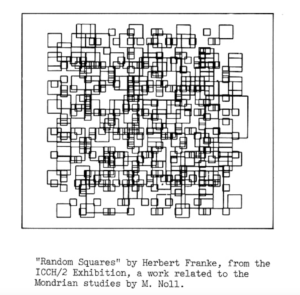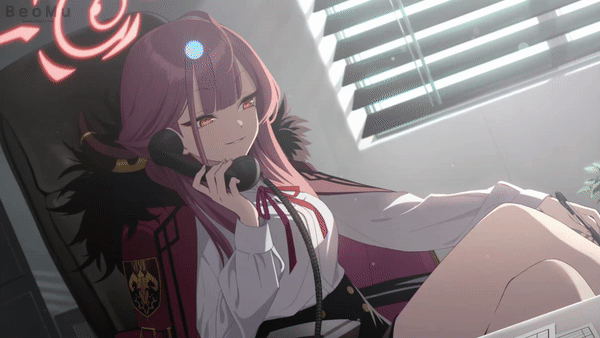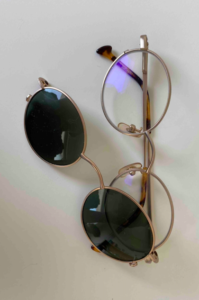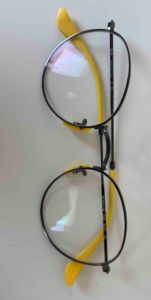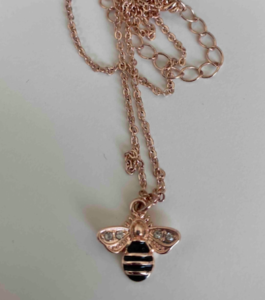For this assignment we had to use loops in some way as well as incorporate everything I’ve learned so far in class to make a simple work of art. I took inspiration from one of the old computer art magazines, shown below –
I found this assignment much harder than the previous one as it took me a while to understand the features of the loop function. It did get frustrating at one point as it was taking me forever to work out how it all works but I eventually got there. I’m glad I was able to create an interesting sketch inspired by “Random Squares”.
Here is my take on Random Squares:
I initially began with a loop of a single line of squares (the one with a gradient from black to white) which increased in size diagonally across the canvas – using the for() loop. I then added the gradient fill. Then I played around with the background to make it flash random colors at a normal speed (using frameRate)- before I used this the colors were flashing way too fast. I then added more loops and played around with the placement, sizing and colors of each line and ended up with a colorful canvas of random squares.
In the future I would want to have some movement of the squares – allow them to rotate or move off the screen, etc.

